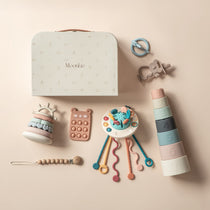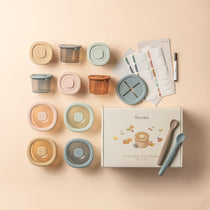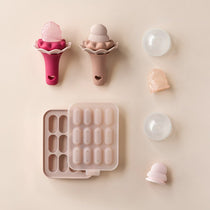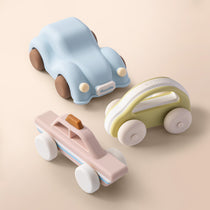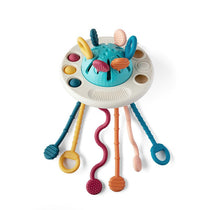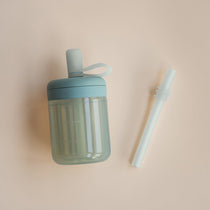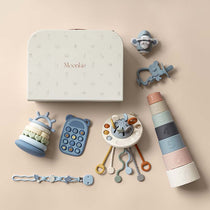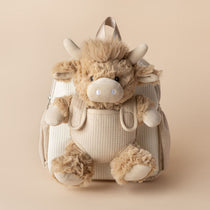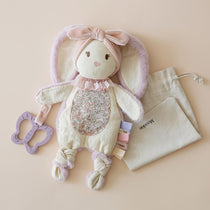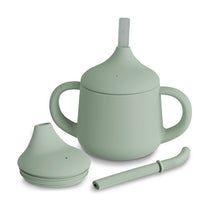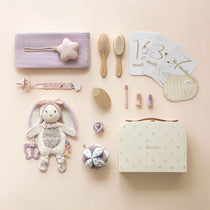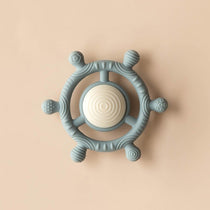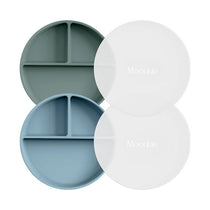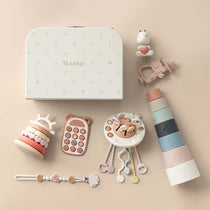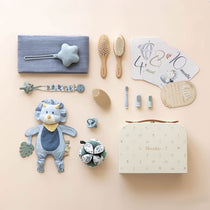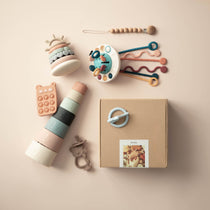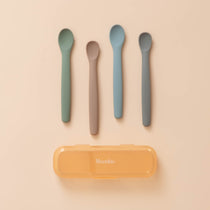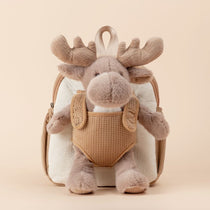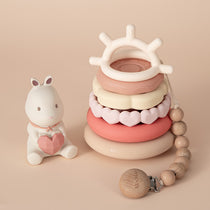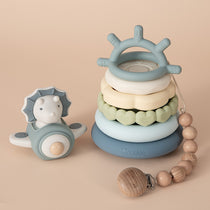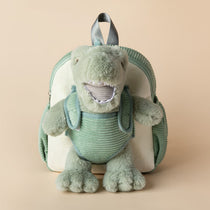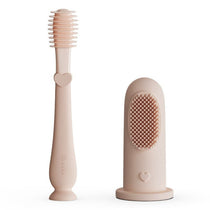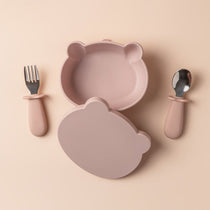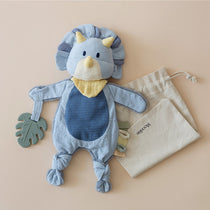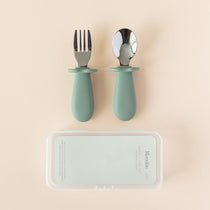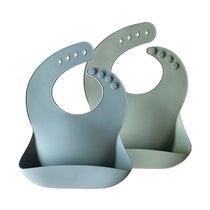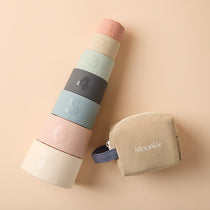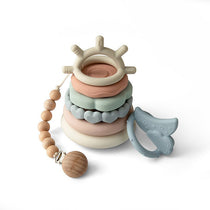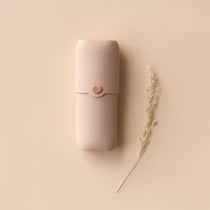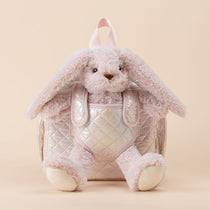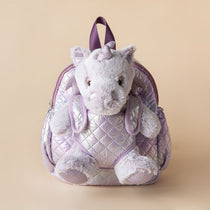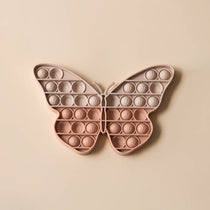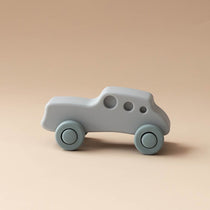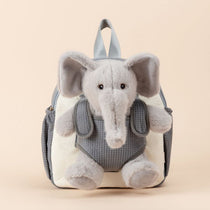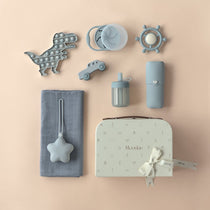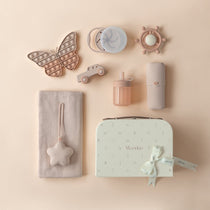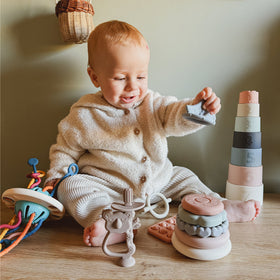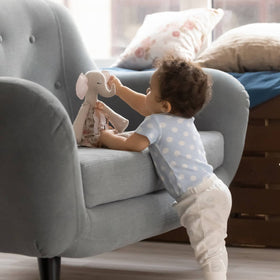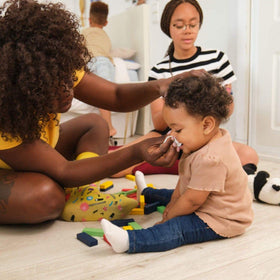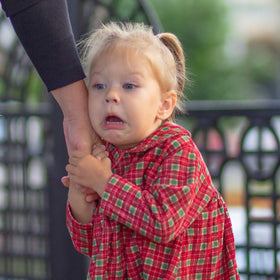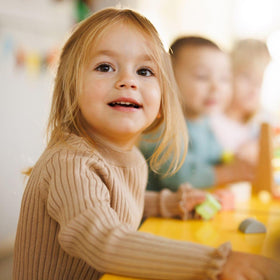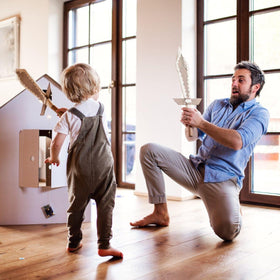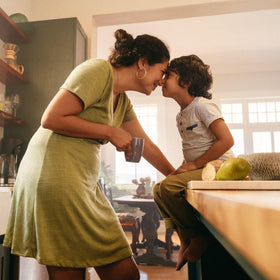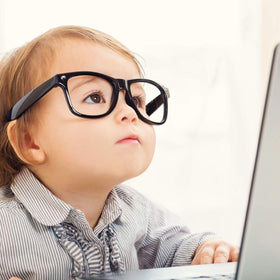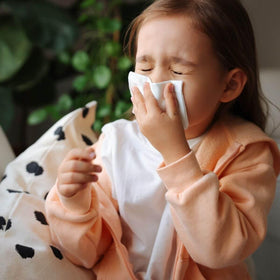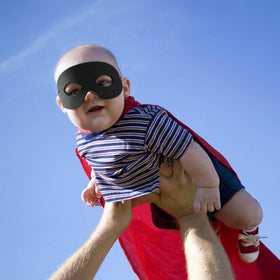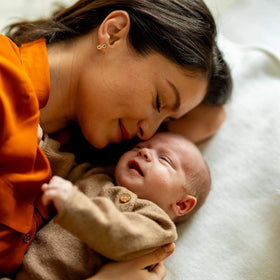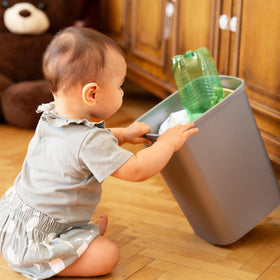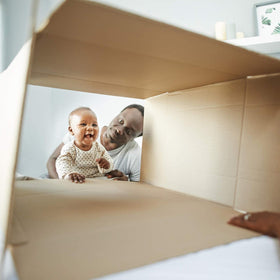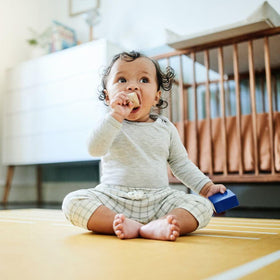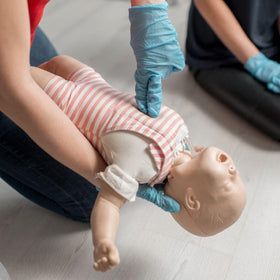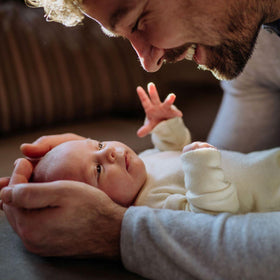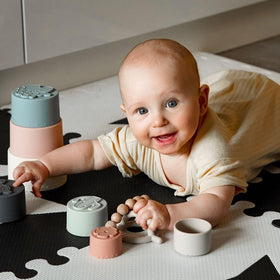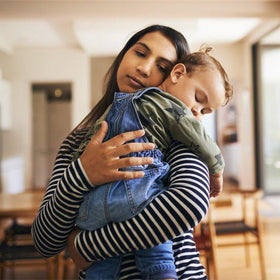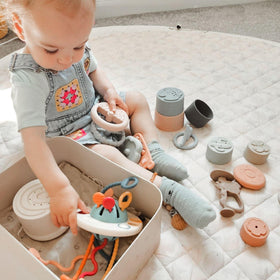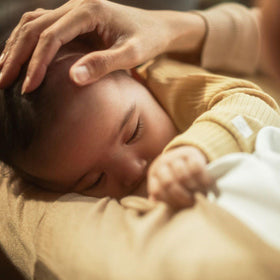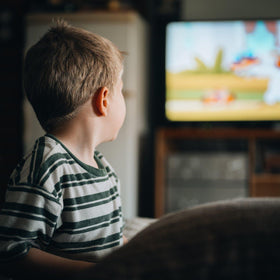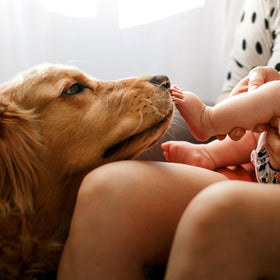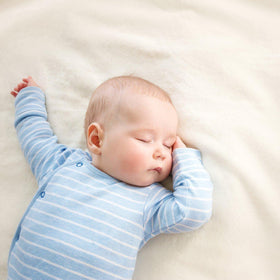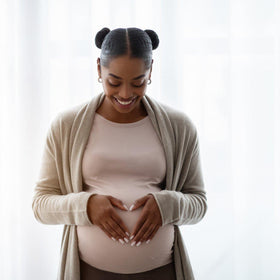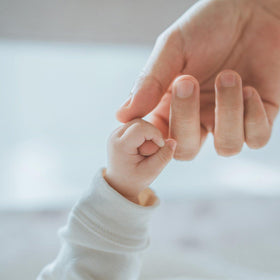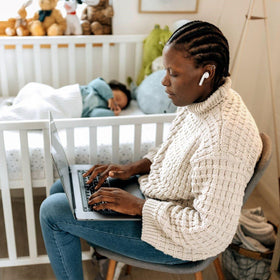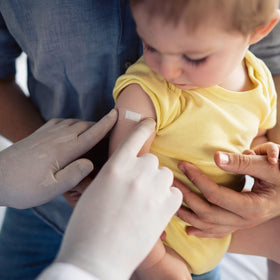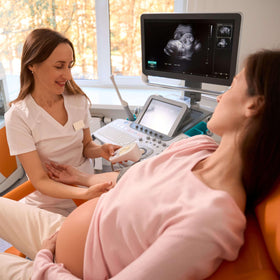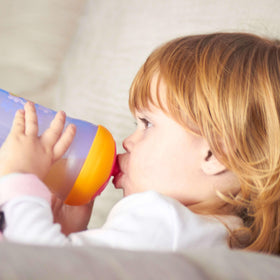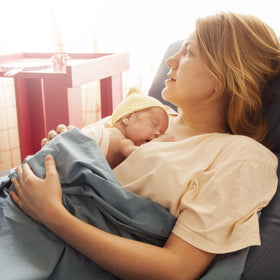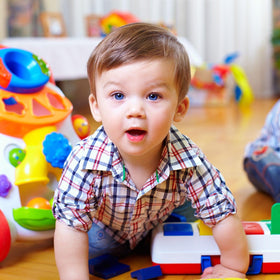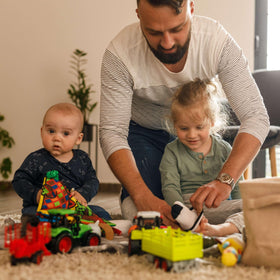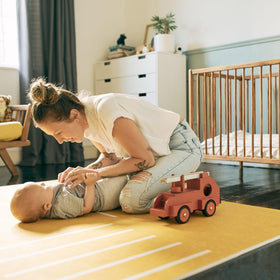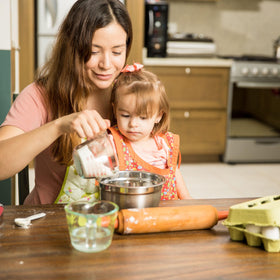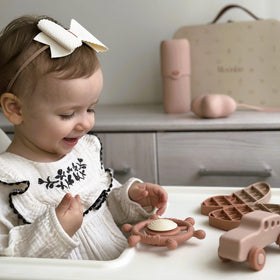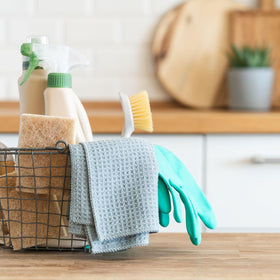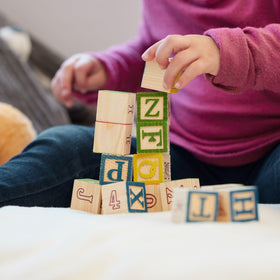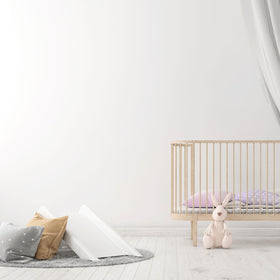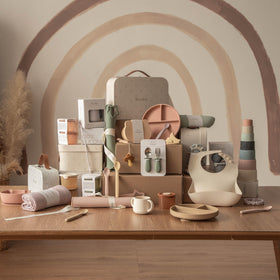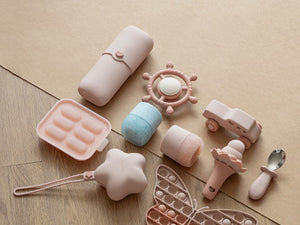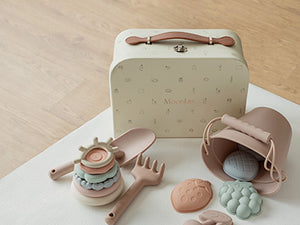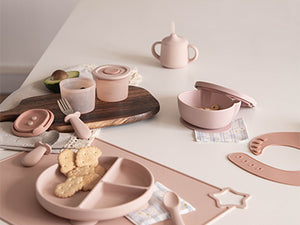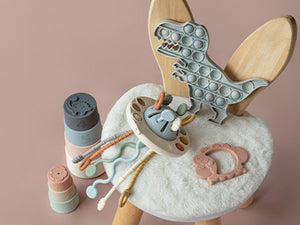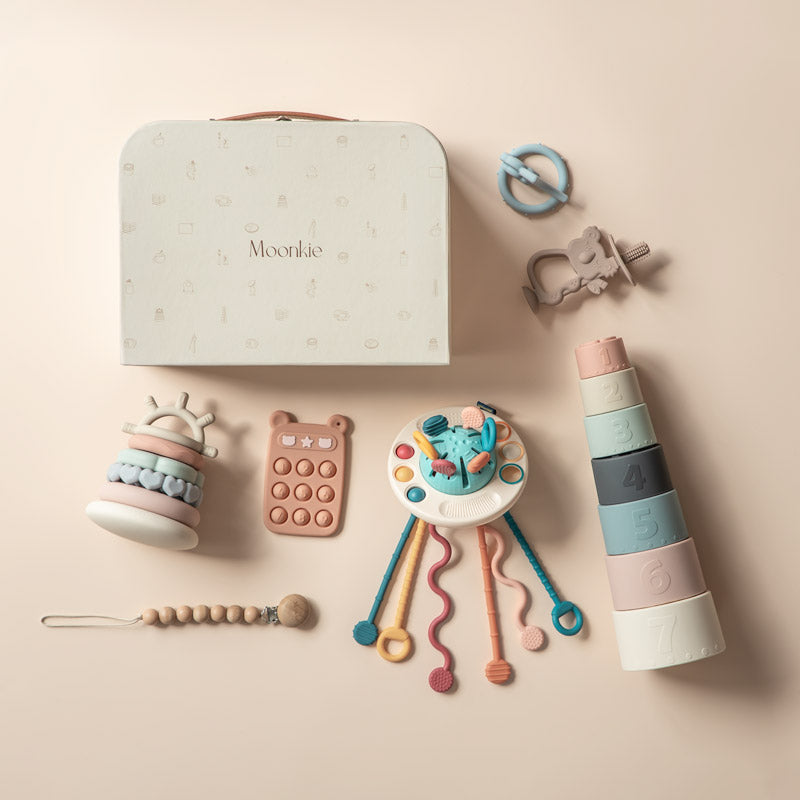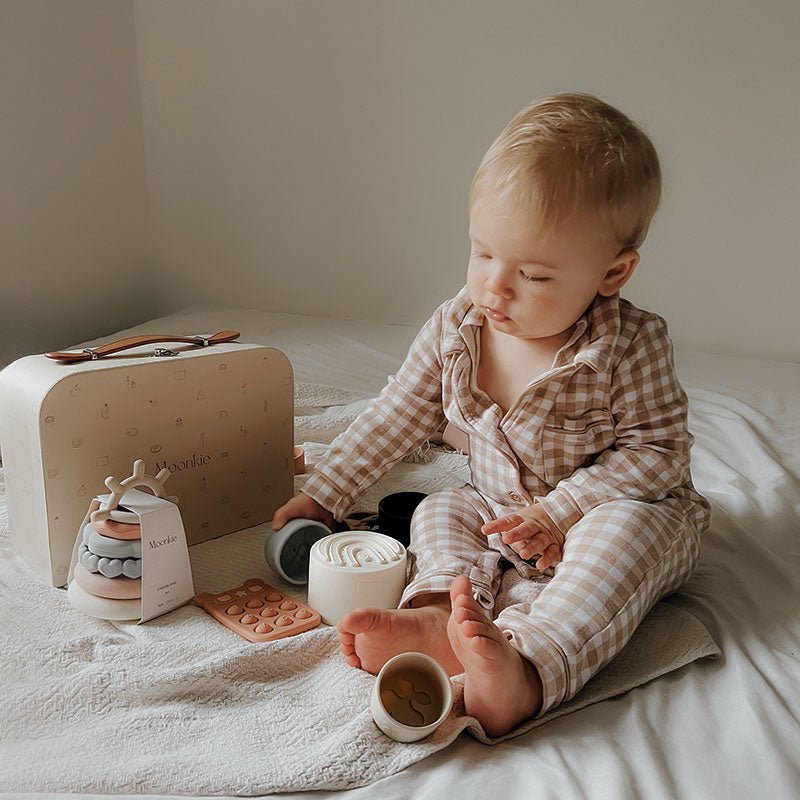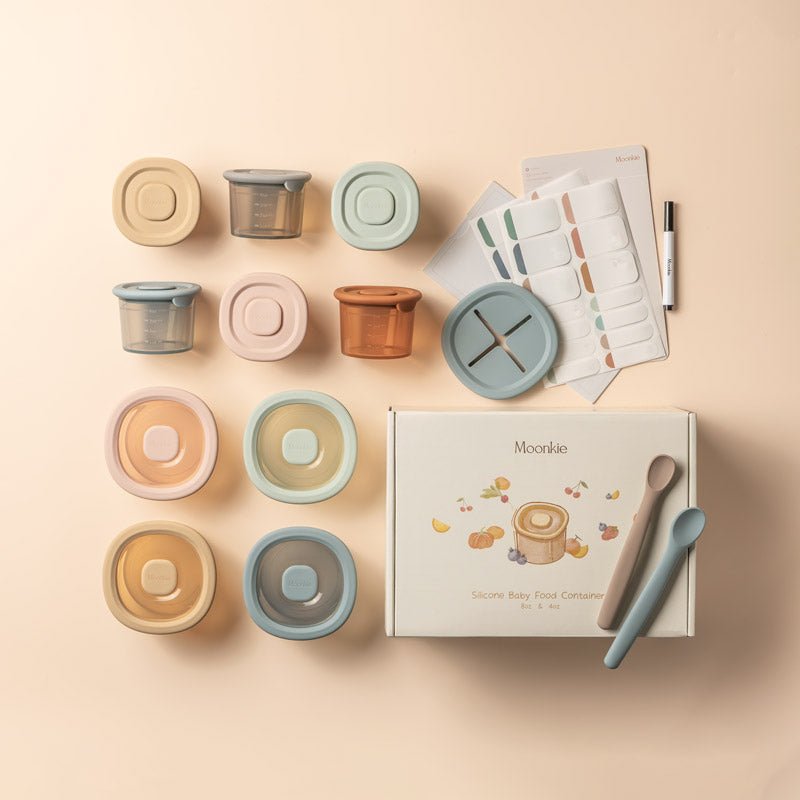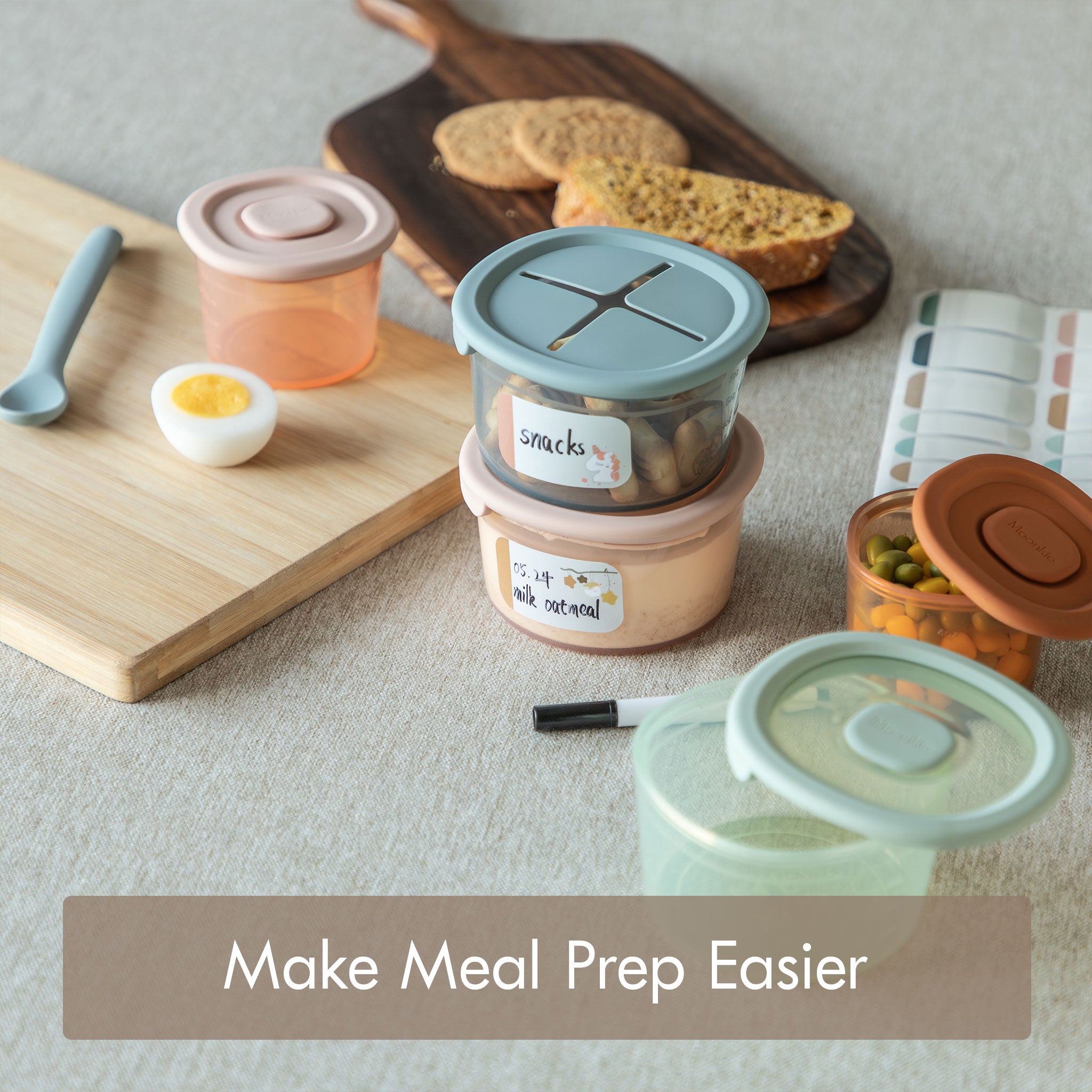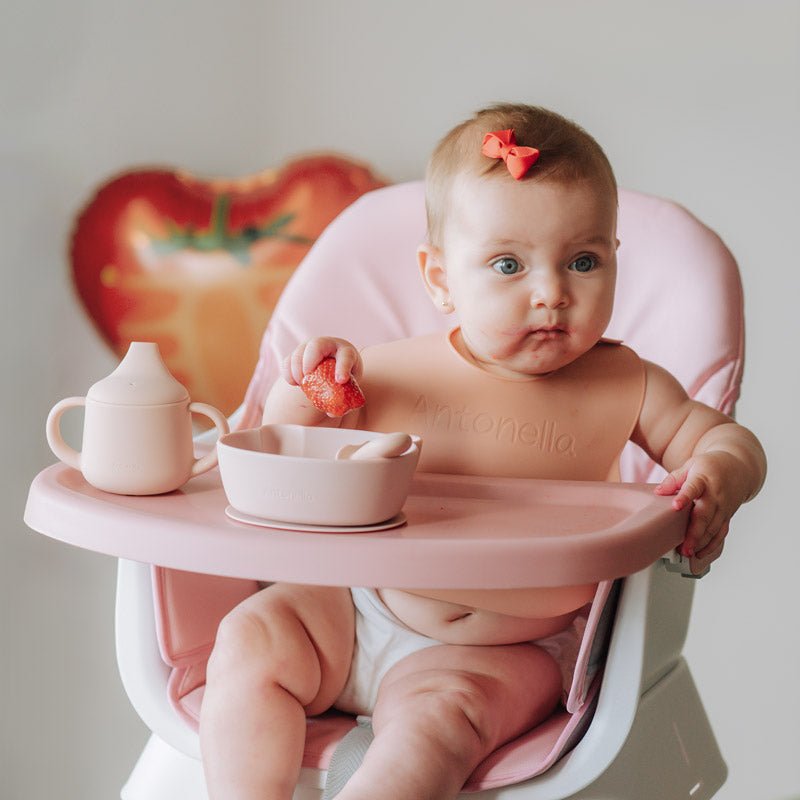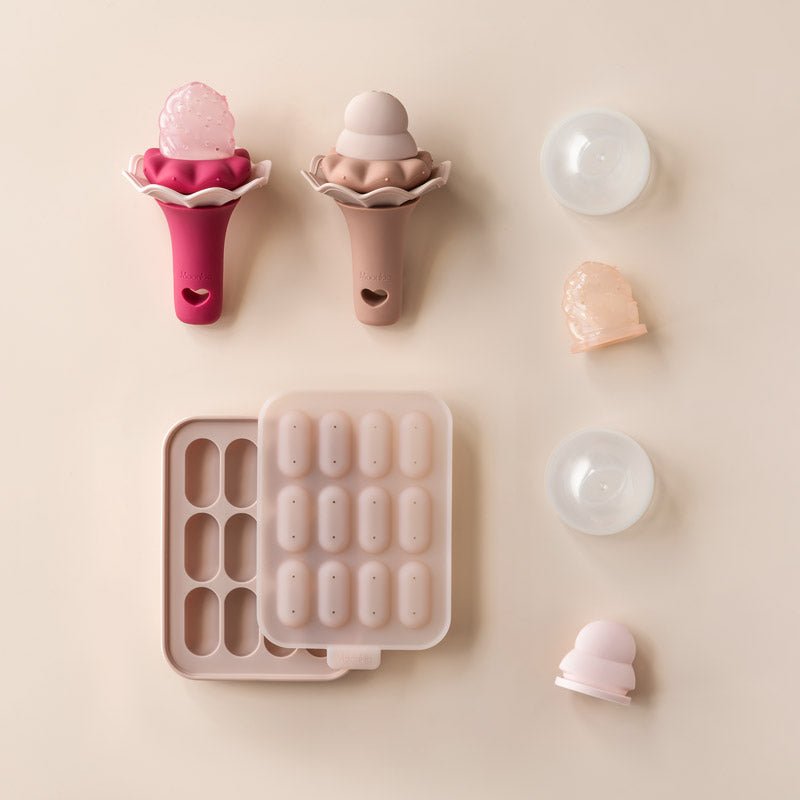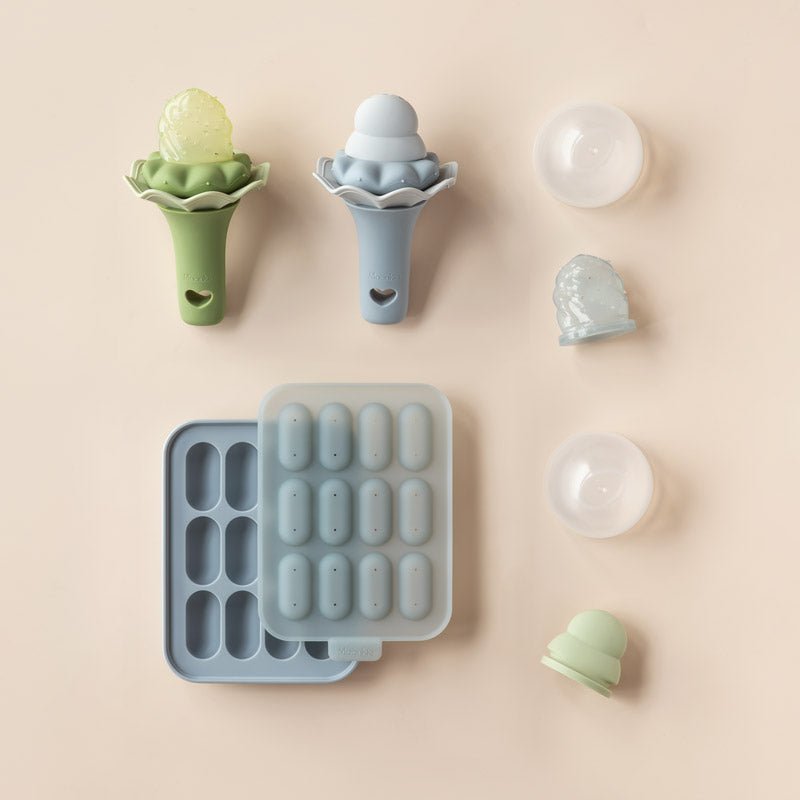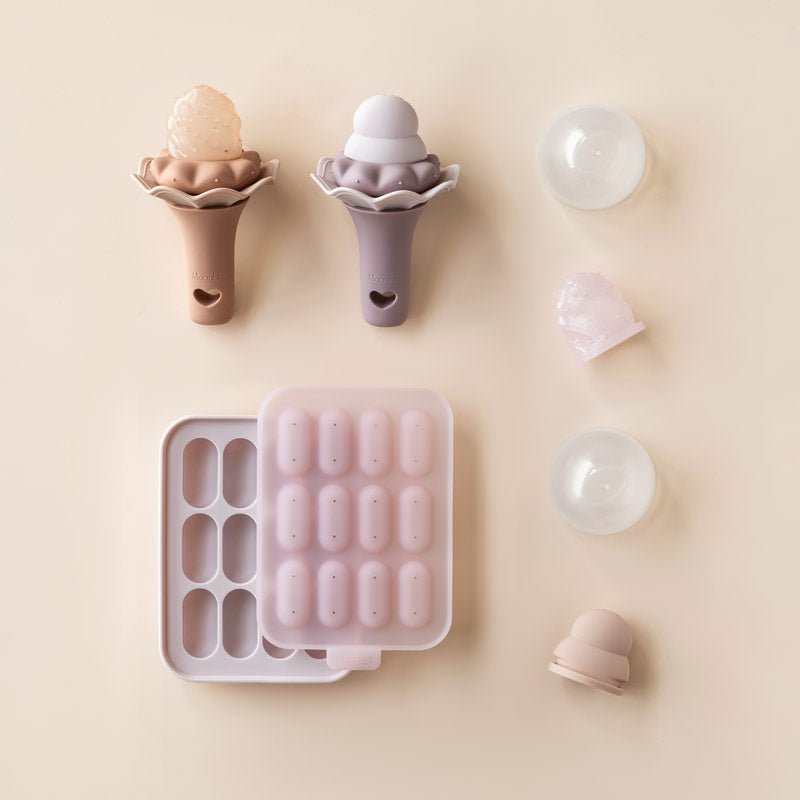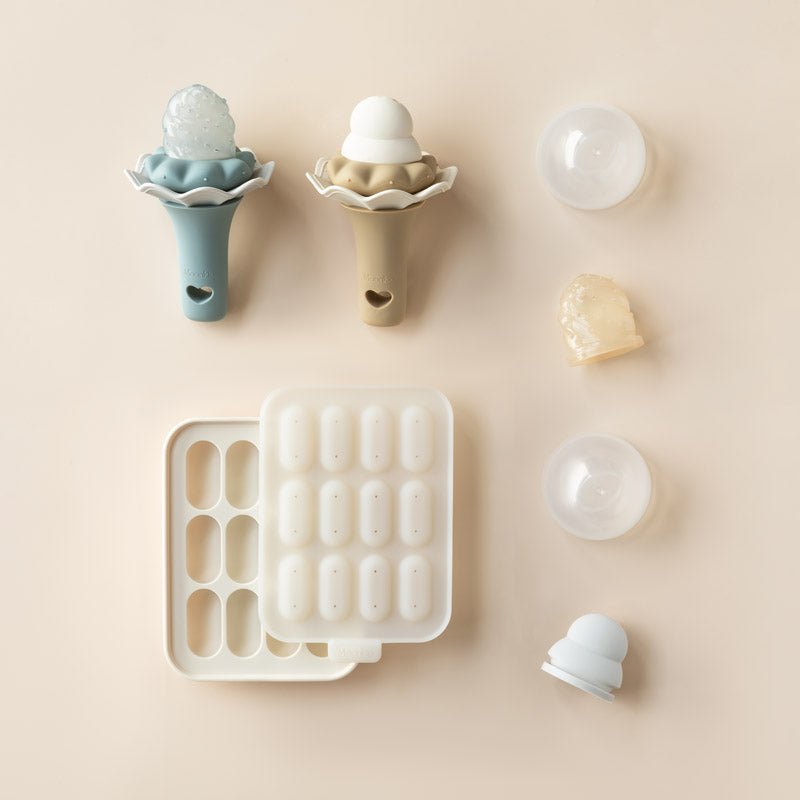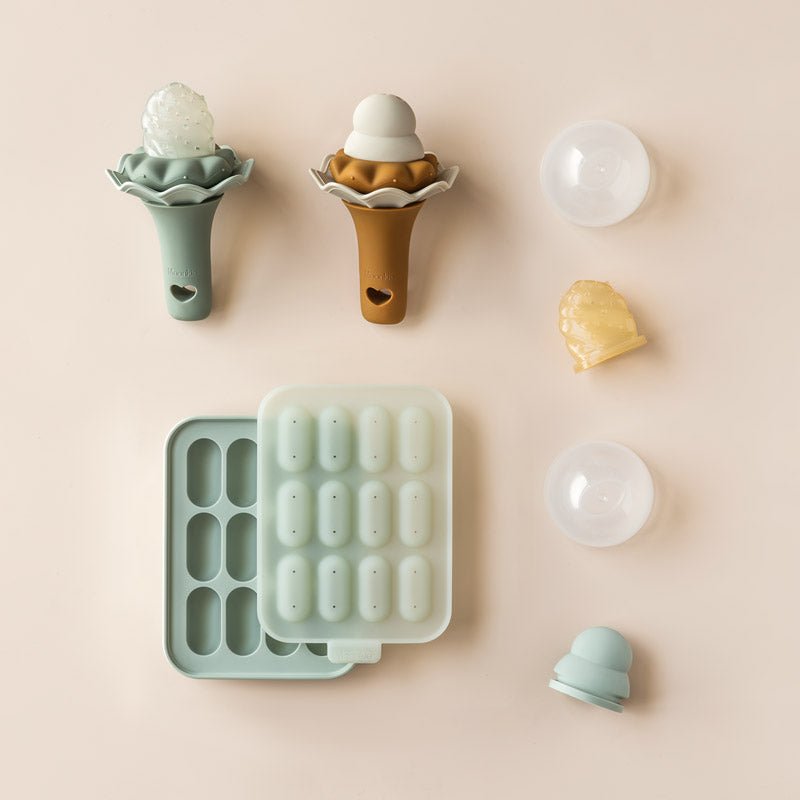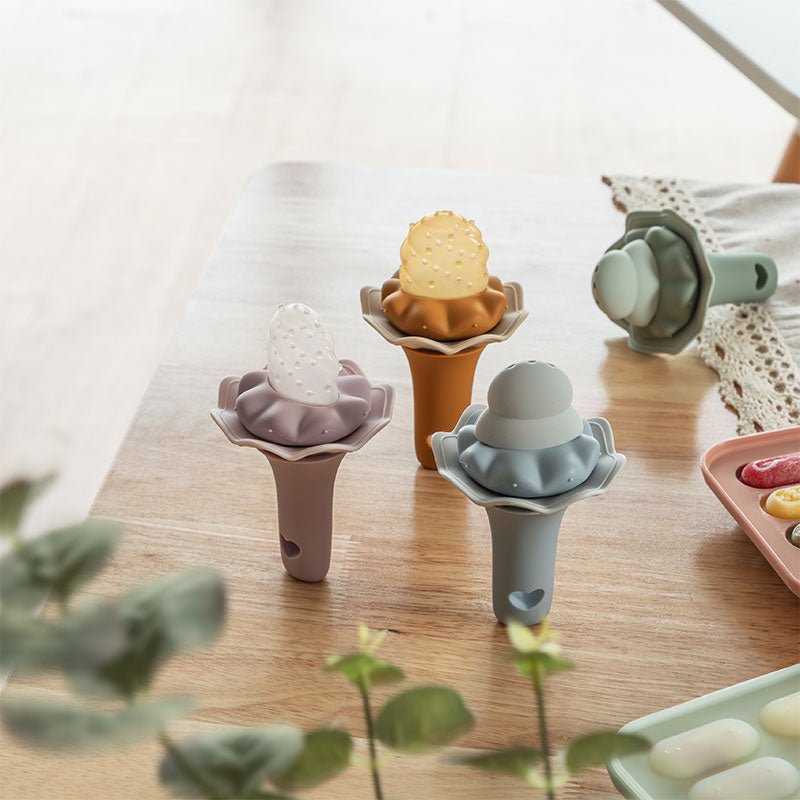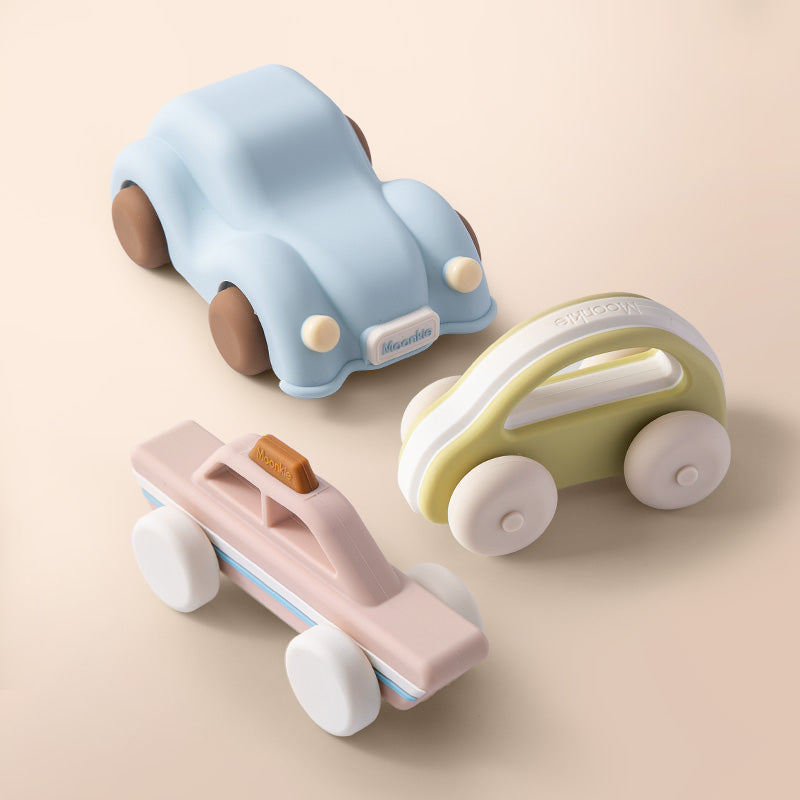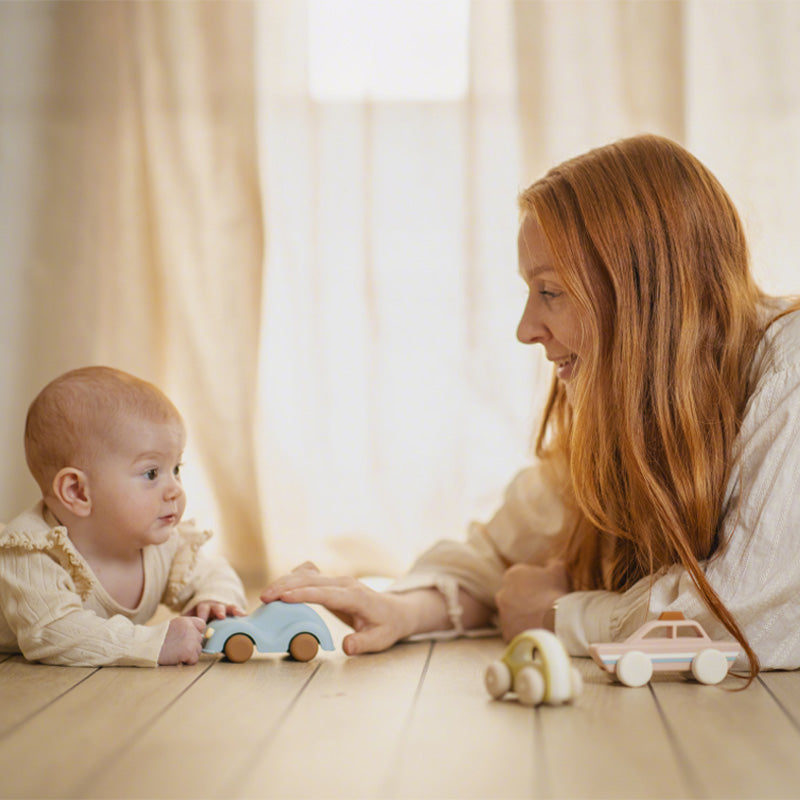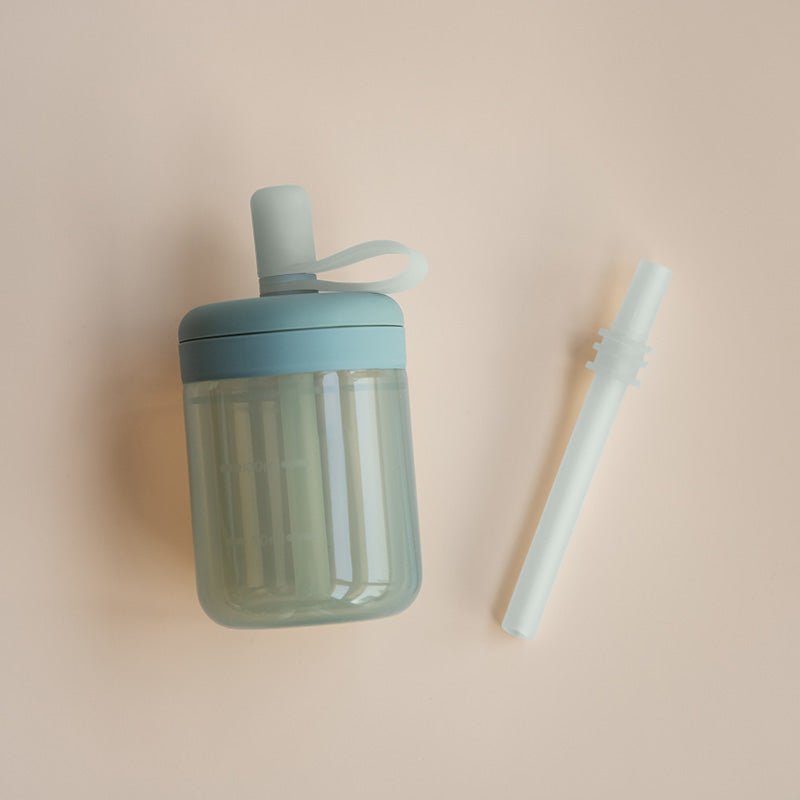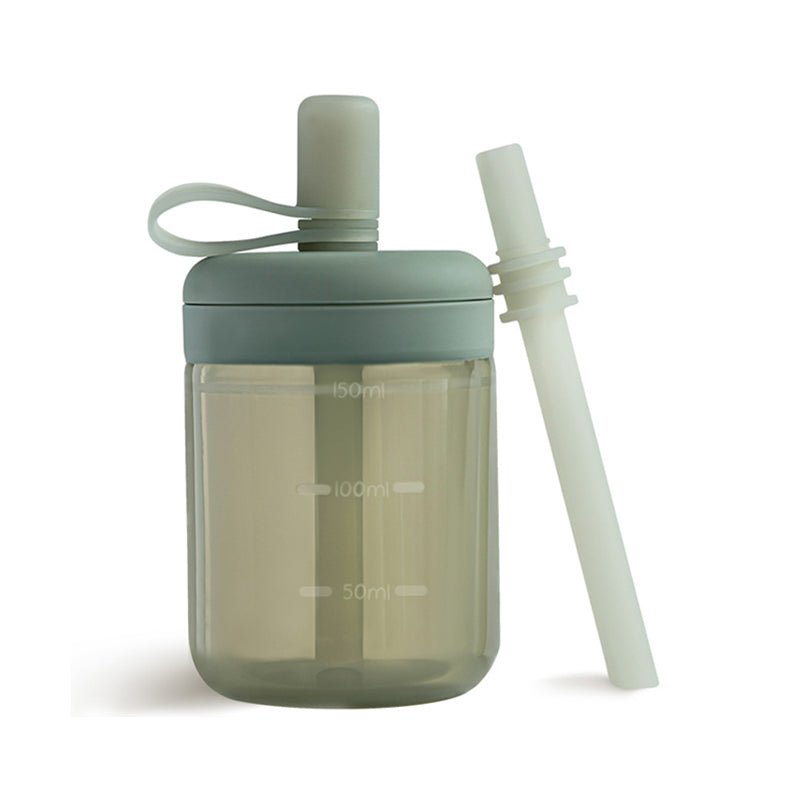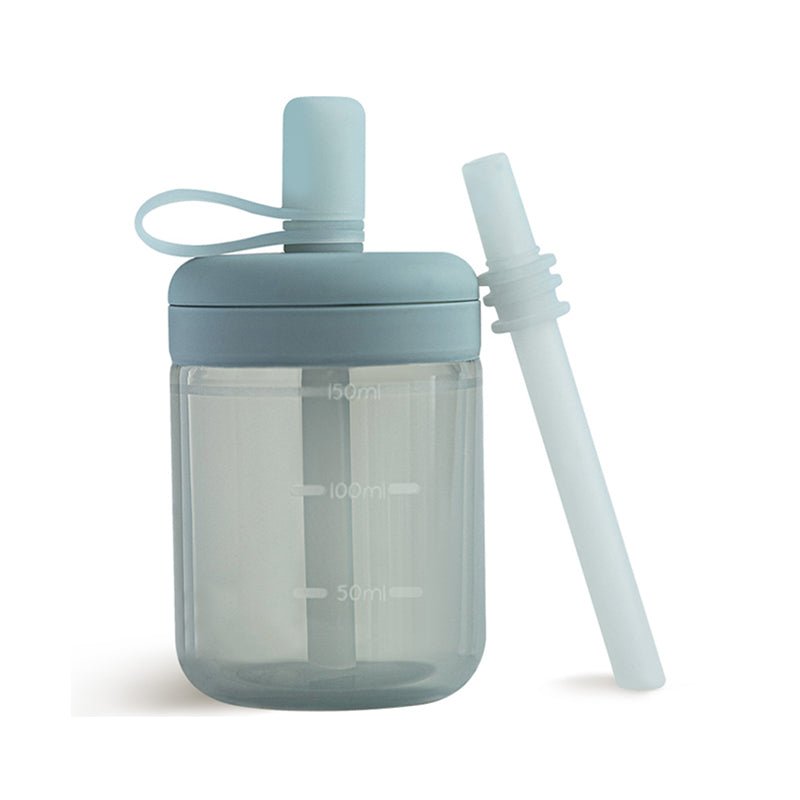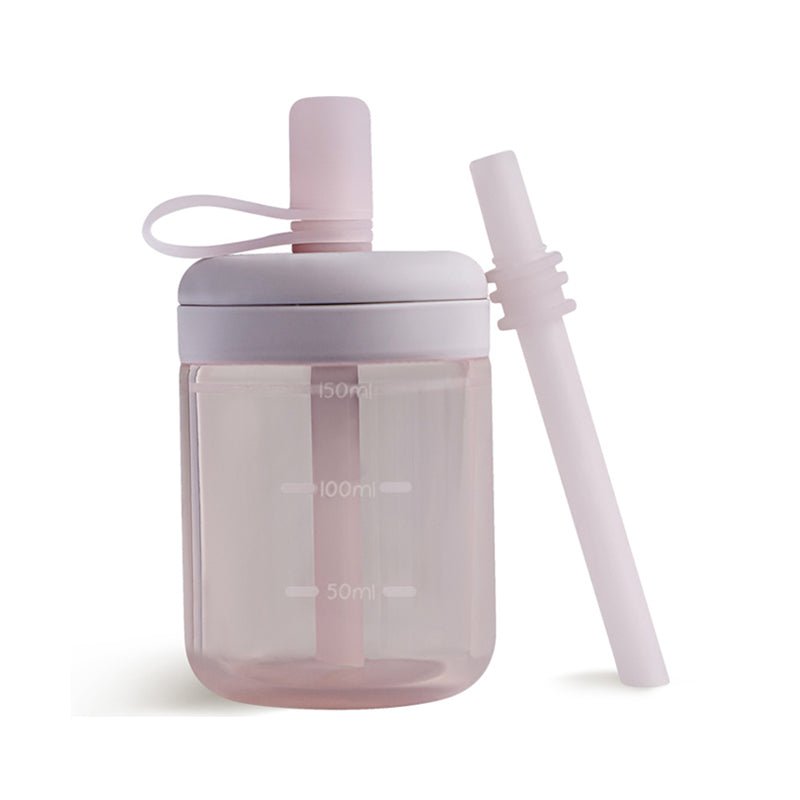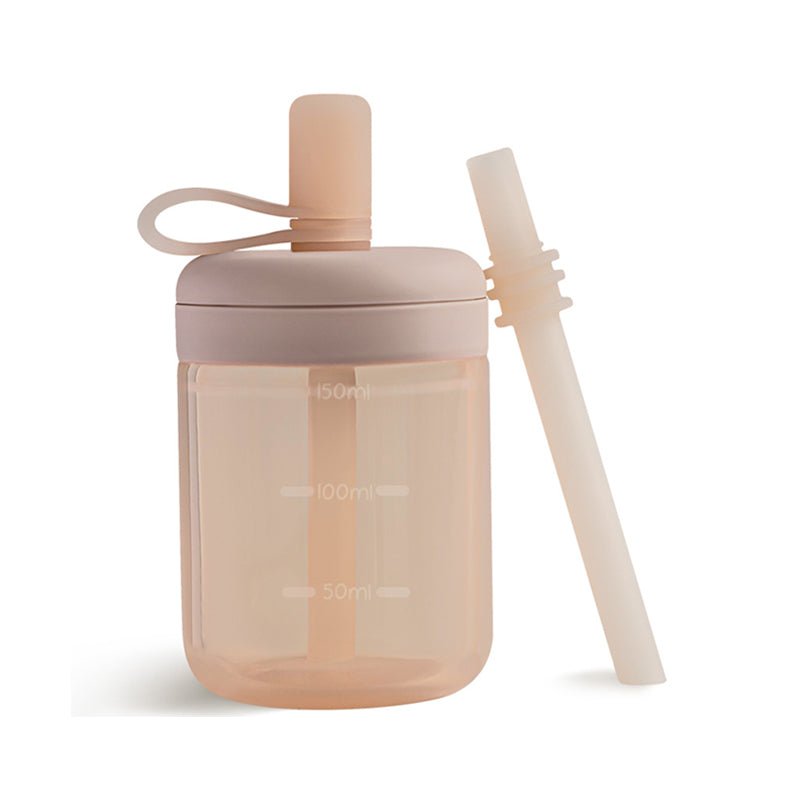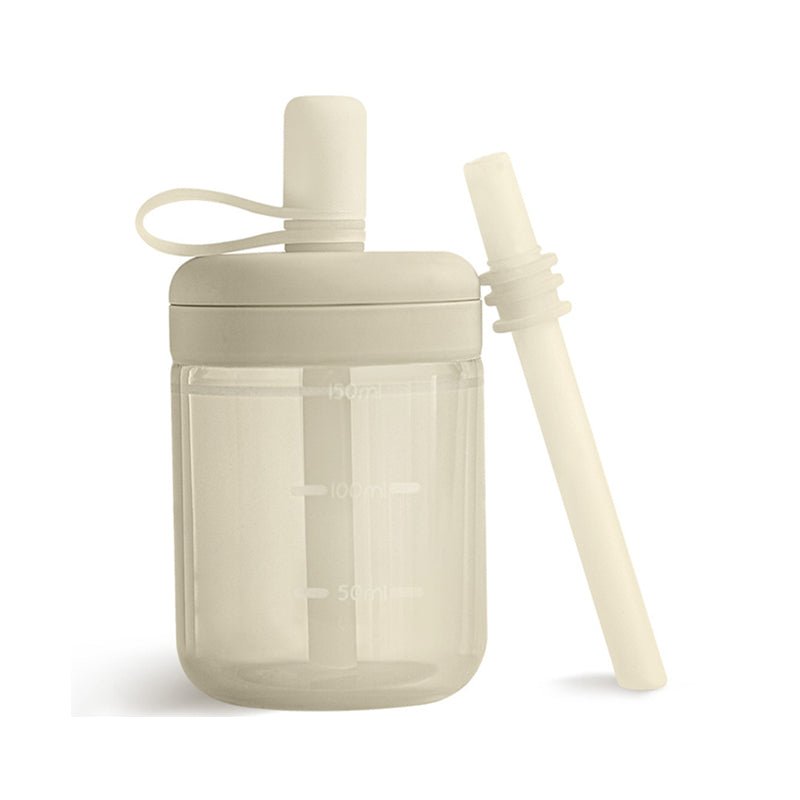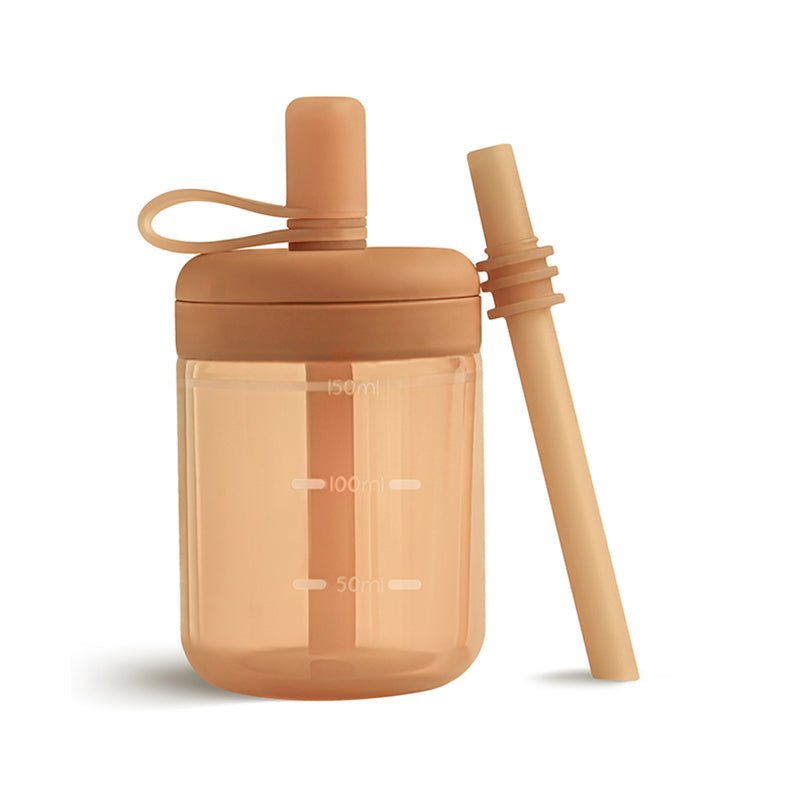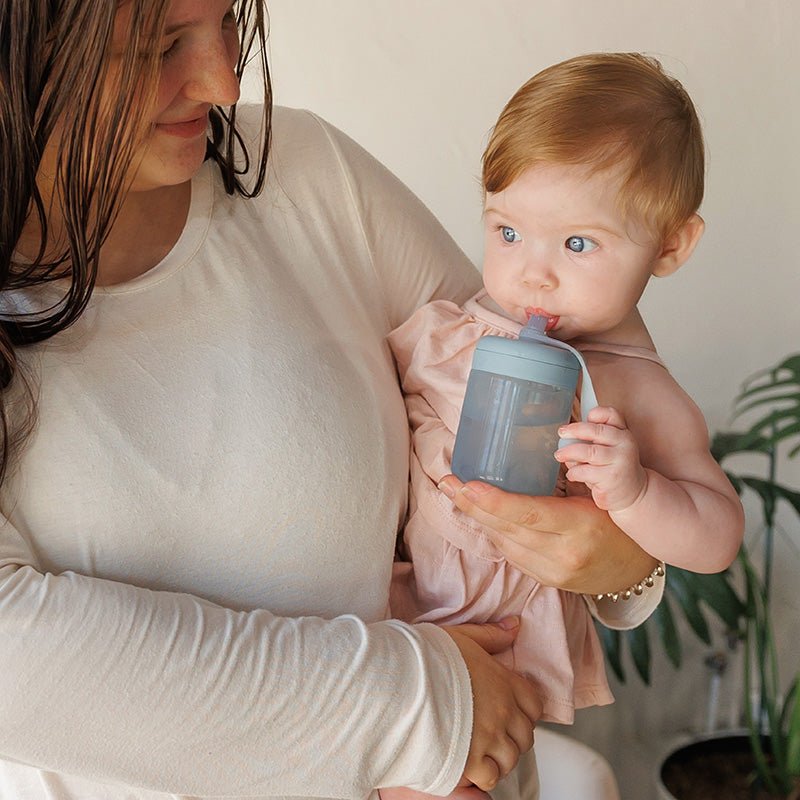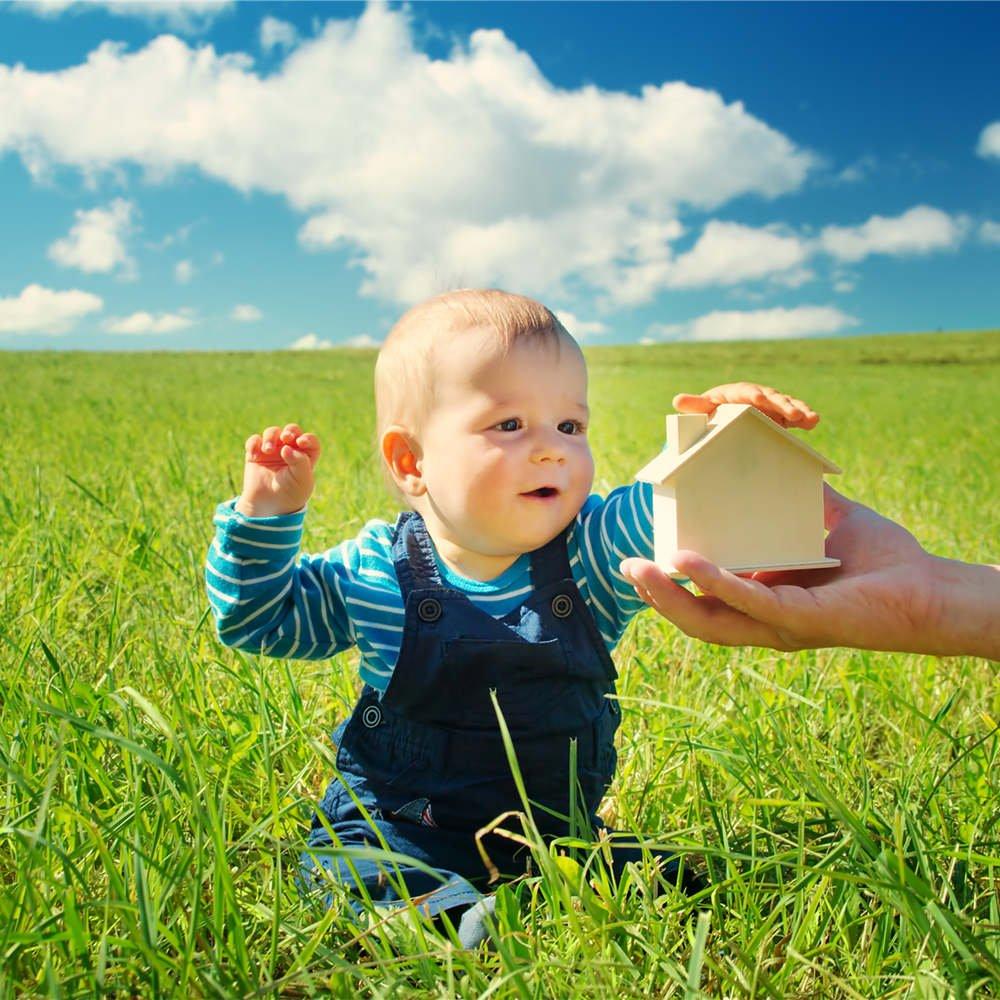
Babies are simple relative to older kids. They just want to eat well, sleep a lot, poop when they need to, wiggle toward movement mastery, learn about the world around them, and connect with you. So why do we buy so much stuff for babies? And why are most of these things terrible for the environment?
Sustainability-minded parents want to give their baby the best start in life and lessen their environmental impact. Thankfully, reusable baby products exist for many baby essentials and postpartum care, such as cloth diapers and washable nursing pads. The only downside is adding some steps to your daily chore routine.
If minimizing what goes to the landfill is worth the upfront investment and extra daily chore time to you, read on to find out what that may look like!
Why Reusable Baby Products?
At first, reusable baby products are pricey because they require more resources to create than ordinary disposable items. But after that, reusable baby products actually save you money, reduce waste, and may even minimize the amount of chemicals your little one is exposed to.
Not all of these seem realistic off the cuff, so here is a brief discussion of each benefit.
Reusable Baby Products Save Money Over Time
At first, you may gawk at the cost of reusable baby products, especially if you choose to buy from a local maker or select completely sustainably sourced, organic material. But, when you add up the cost of replacing disposable items over time, you will likely see significant savings within the first few months.
For example, a large box of disposable diapers from Sam's Club, Costco, or some other bulk-purchasing store will cost you over $25 for around 150 diapers, depending on the diaper size you purchase. With the average diaper career blasting through 7,000 diapers before potty training (pun intended), you're looking at $1,166 or more in diaper costs (source)!
Or you could spend $70 to $150 on a nice set of reusable diapers, eco-friendly and non-toxic laundry detergent, and a scrub brush for the duration of your baby's diaper days and possibly that of the next baby, too. Monetarily, cloth diapers offer more bang for your buck!
Reusable Baby Products Reduce Waste
Disposable baby products, such as diapers, wipes, and nursing pads, contribute to a staggering amount of landfill waste each year. In fact, it's estimated that disposable diapers alone make up around 2% of all landfill waste (source).
You can significantly shrink your family's contribution to this waste by using reusable baby products. For example, a family that uses cloth diapers can save between 3,000 and 7,000 diapers from ending up in a landfill over the course of their baby's diapering years.
Reusable Baby Products Can Promote Better Health
Reusable baby products can promote better health for your baby if you do your homework and select them carefully. Many disposable baby products contain chemicals, fragrances, plastics, polypropylene-based materials, and polymers, all of which can help get the job done but may harm your baby's delicate skin.
By using natural, chemical-free, reusable products (remember: not all reusable baby products are created equal), you can reduce your baby's exposure to these potentially harmful substances. But you have to do your homework and observe your little one closely with reusable baby products.
For example, cloth diapers can reduce incidences of diaper rash and other pesky skin irritations compared to disposable diapers if your little one already has sensitivities to chemicals in disposable diapers. Otherwise, cloth diapers will only prevent diaper rash when changed frequently and cleaned properly with a baby-friendly detergent.
Left on too long while wet, a cloth diaper may cause a diaper rash more quickly than a disposable diaper because it doesn't have the polymer-based layer separating the soaked inner layers from your baby's bottom. So, cloth diapers require you to stay on top of things but contain fewer chemicals.
Reusable Baby Products Can Support Local Businesses
When you use reusable baby products from local makers, you support local businesses. Many reusable baby products are made by small businesses and artisans who use sustainable and ethical practices to create their products.
Join a few Facebook groups to find these businesses, or attend a nearby farmer's market to meet your local farmers and makers. Whether you opt for handmade wool baby clothes from a local sheep farm or unique wooden baby toys from a local carver, you're supporting these businesses and their sustainable practices in your community.
Reusable Baby Products Can Be Customized
This is a minor point, but it is a fun one! If you buy a reusable baby product from a maker or small business, you can probably request some personalization or submit a custom order.
For example, you can have your little one's name engraved on her toys, stamped on her cloth diapers, or embroidered on her bibs and spit-up cloths. Or you can pick out your own patterns, colors, and fabrics in a custom order. Small businesses are often more than happy to add special touches to your order.
5 Essential Reusable Baby Products
Essential baby products are plentiful, but only a few can be found in an eco-friendly, reusable version. From cloth diapers and wipes to nursing pads and food pouches, reusable baby essentials can save your family hundreds every year!
Here is a list of the top 10 essential reusable baby products and a condensed breakdown of helpful points to know.
1. Cloth Diapers
Cloth diapers have been the primary example in the above sections, so I'll stick to new information here. When I say cloth diapers, I'm not referring to white cloths held up by safety pins and rubber pants; I'm talking about the all-in-one, all-in-two, pocket, fitted, and prefold diapers.

Any of these are solid options for saving money as they can be washed and reused hundreds of times. If the elastic around the legs begins to wear out, use a seam ripper to open it up, replace the elastic band, and hand or machine stitch it closed. Nifty!
How many diapers your baby will go through in a day depends on his age and weight. Here is an estimate from birth to three years old for disposable diapers:
| Age Range in Months | Weight in U.S. Pounds | Estimated Diapers Per Day |
| 0 - 2 months | first weeks | 10 - 12 diapers |
| 0 - 4 months | 8 - 10 lbs. | 8 - 10 diapers |
| 3 - 8 months | 12 - 18 lbs. | 8 - 9 diapers |
| 5 - 24 months | 16 - 28 lbs. | 6 - 7 diapers |
| 18 - 36 months | 22 - 37 lbs. | 5 - 7 diapers |
For low-income families, the cost of diapers is enough of a burden that "diaper insecurity" has become a real issue that local governments and nonprofits are working to address (source).
Investing in cloth diapers and environmentally friendly baby detergent ensures that you always have diapers available without having to throw more and more money away every month.
A Quick Note About Reusable Diaper Sustainability
Let's say you buy eco-friendly cloth diapers created from bamboo, hemp, or organic cotton. Knowing that the environmental impact of their production process is spread out over the number of uses, you may feel pretty good about your decision. However, there is one caveat: washing.
Washing reusable cloth diapers consumes a lot of water (source). You've got to spray off the contents into the toilet, flush the toilet, and then wash the diapers in a washer. You can minimize the amount of water you need by using a scrub brush to get the contents out faster and spraying out two or more diapers at a time (one flush).
This process is a lot easier if you have a sprayer in your shower, a splatter shield over a bucket or the toilet, and a "rinsed diaper" bucket with warm, soapy water that you can shift to the washer at the end of the day. As long as you use environmentally friendly baby detergent and line-drying diapers, you will have minimized your impact as much as possible.
Reusable Diaper Bags
Quick tip: purchase a few waterproof bags for used cloth diapers away from home. All you have to do is wash and dry them just as you would the cloth baby diapers. Though waterproof diaper bags have a higher environmental impact in processing than cloth diapers, they will also serve your family for years.
Waterproof diaper bags are nifty for holding wet swim clothes, dirty clothes for overnight stays, pet supplies on the go, liquids and gels while traveling, and a myriad of other little things in life. Just buying a set of three to five is enough to get you through multiple diaper careers and years of miscellaneous waterproof bag needs.
2. Cloth Wipes
Since you can safely sanitize and reuse cloth diapers, it stands to reason that you can do the same with cloth wipes. Speaking from experience, it's not difficult at all, especially if you already have a cloth diaper spraying setup, and it saves you more money.

Just as with cloth diapers, cloth wipes can be made from a range of materials, including cotton and bamboo. The trick is the solution you use while making the wipes. You can find several recipes for homemade baby wipe solutions online.
This is NOT a recipe, but you will typically find that homemade baby wipe solutions are some combination of the following:
- warm distilled water
- liquid castile or baby soap
- mineral/baby/olive/coconut oil
- aloe vera gel
- witch hazel
Since every baby's skin is different, you may have to try a few recipes before you land on one that works incredibly well.
To make reusable baby wipes, simply roll up or fold the cloth wipes, place them in a glass or food-grade silicone container, pour your chosen wipe solution over the cloths (enough to make them functionally wet, but not dripping wet), and put a tight lid on the container. You can use these on bottoms, hands, feet, faces--anywhere!
Again, speaking from experience, don't go more than two or three days without making fresh wipes. Just like all fabric, homemade baby wipes can sit and mildew. My family made up baby wipes every other day to keep up with two littles in diapers.
3. Reusable Nursing Pads
Nursing mommas may go through a lot of disposable nursing pads, depending on feeding or pumping frequency and unique body chemistry. Besides, these are an absolute lifesaver in public! If reusable cloth diapers and wipes are a thing you're willing to do, then why not add reusable nursing pads too?

The first point you need to know about nursing pads is that they come in different materials, shapes, thicknesses, and sizes. You could opt for simple circles or pads with a slight cup shape. Materials range from bamboo or hemp to organic cotton or wool. Some come with a leak-proof synthetic material on the outside as well.
Thankfully, reusable nursing pads are much easier to maintain than cloth diapers. Simply rinse them after use, and either hand wash them or toss them in with your clothes. Line dry reusable nursing pads to ensure they maintain absorbency and softness while lasting longer overall.
4. Reusable Baby Food Containers and Snack Bags
If you make your baby's food at home, reusable food containers and pouches are the way to go! You can use high-quality food-grade silicone freezer trays or cups that come with a sealed lid for preparing and freezing single-serving baby purees ahead of time or collapsable baby bowls for sharing meals when out and about.

Though many baby snacks from the store come in packaging, you can buy snacks in bulk from wholesale retailers and only take along what you need in reusable snack bags made of cotton, hemp, bamboo, or other natural materials. Since these can be washed and reused multiple times, reusable snack bags beat disposable plastic bags any day.
For meals at home, use baby dishes and utensils that are safe, easy to clean, soft, and durable, like our baby feeding set. These are perfect!
If you hear conflicting arguments on silicone baby products, check out this article: Pros and Cons of Silicone Baby Toys: A Comprehensive Guide for Parents.
5. Reusable Swim Diapers
Though you could technically use your little one's cloth diapers as a swim diaper, it won't work as well as a reusable diaper designed for swimming. Reusable swim diapers are made to hold solids but not urine.

Since the absorbent pads that soak up urine in a regular cloth diaper fill with water quickly, they become totally ineffective in water. So, you can either take the absorbent insert out of your baby's reusable diaper before swimming (if it is designed with an insert) or buy a reusable diaper designed for swimming.
The smaller and lighter reusable swim diapers are easier for your little one to move and run around in. They also tend to be thinner so that they dry faster.
Sustainable Baby Products
Not all reusable baby products are eco-friendly or sustainable. Some are made to last forever, but the process of making such products is often awful for the environment (though often less so than alternatives) and results in a product that won't break down for hundreds of years.
On the other hand, some are made with natural materials but break down quickly. "Sustainable" is a term that can mean one or more of the following things:
- being made of plentiful renewable materials (bamboo, cotton, hemp, wood, and such)
- being made in an eco-friendly way
- being recyclable
- being biodegradable
- being super durable and long-lasting
How a baby product's "sustainability" is interpreted is left up to a company's discretion and government policy. Though you will quickly find that very few of our modern conveniences are 100% eco-friendly, you should do your homework and make decisions that fit your family's lifestyle, ability, and budget.
For more on sustainability and how to implement it in your home, read Sustainable Baby Toys on a Budget: Affordable Options for Eco-Conscious Moms.
In a Nutshell
Reusable baby products are an exceptional way to reduce waste, save money, and do your part to protect the environment for your little one's future.
Since disposable baby products account for a ridiculous portion of solid waste in landfills and last for hundreds of years, making sustainable lifestyle choices to use and maintain reusable baby products is crucial for the health of our planet. Hopefully, more and more parents will be willing to chip in!

